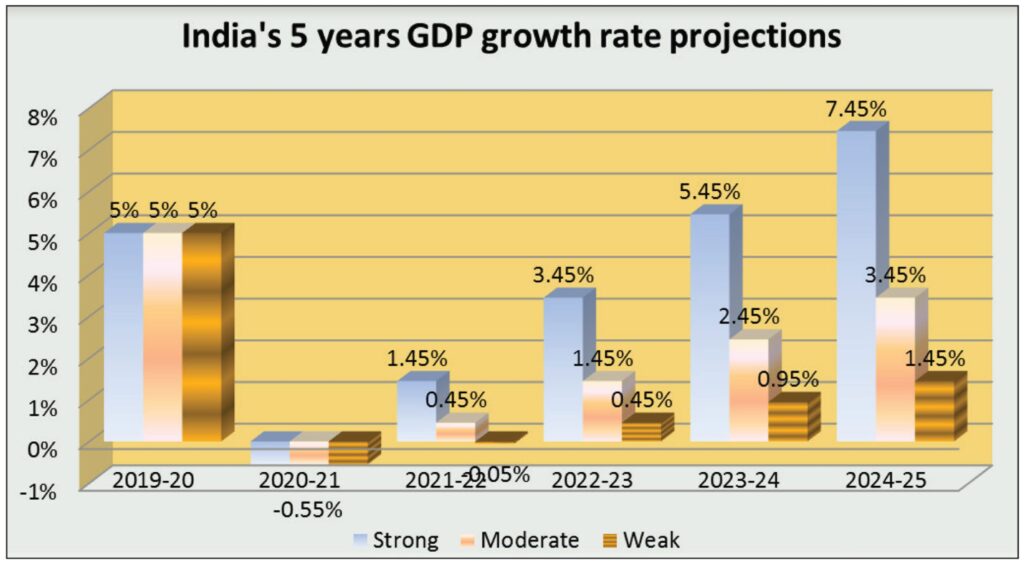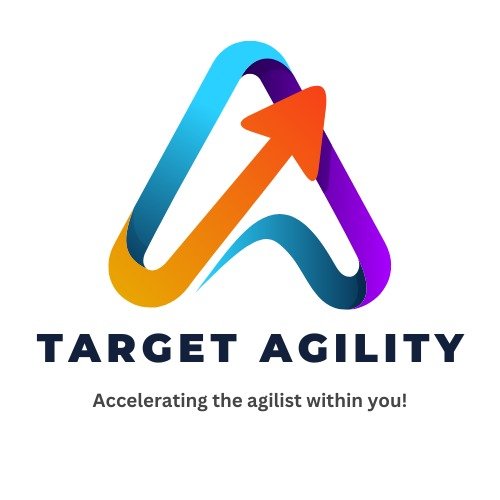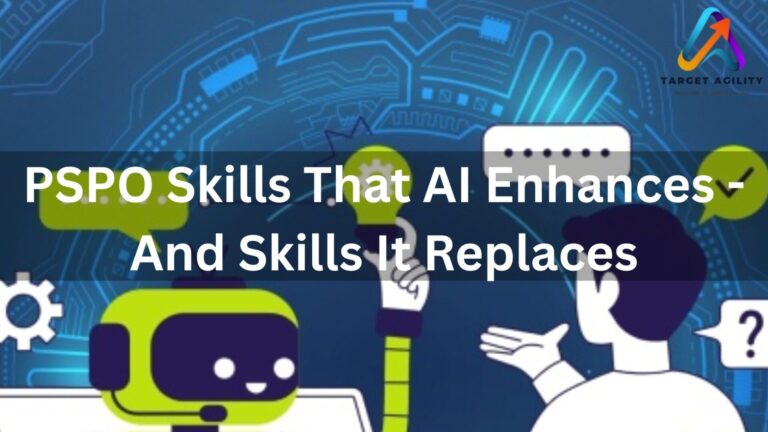Introduction:
Artificial intelligence (AI) and technology are developing at a rapid pace, changing industries and employment landscapes and ushering in a new era of work. A troubling tendency has been brought to light in recent Department of Labor reports: there is a negative net labor demand for positions in production, food service, customer support, and sales. It is critical to examine the ethical aspects of this shift and comprehend the consequences for the workforce and the GDP as a whole as artificial intelligence (AI) and automation become more prevalent.
The Impact of AI on Traditional Jobs:

AI-powered devices are replacing human labor in production, food service, customer service, and sales industries. These machines perform operations with accuracy and efficiency, eliminating the need for human labor. Automated systems in food service and customer service are also undergoing a shift.
Outsourcing had the First Effect :
We sent our everyday tasks, development, and support to third-world countries, and in return we received subpar work at a third of the cost. McDonald’s began outsourcing its drive-through windows to Indian call centers before realizing that communication barriers were too great, particularly when done through a car window. McDonald’s is currently utilizing voice relays, mobile apps, and kiosks with AI.
The Ethical Imperative:
Unquestionably, integrating AI into the workforce increases efficiency and reduces costs, but it also presents ethical questions. Human workers being forced out of traditional roles might result in a loss of skills and expertise as well as employment insecurity and economic disparity. It is imperative that society take these moral issues into account and proactively create laws that put worker welfare first.
Responsible AI Implementation:
Embracing responsible and ethical AI is key to mitigating the negative consequences of automation. Employers need to put employee welfare first and give priority to tactics that use AI technologies. This involves funding programs for retraining and upskilling employees in order to provide them the skills required for new employment in the digital economy. One excellent illustration of this is the retraining of thousands of current employees by Amazon to operate as package pushers instead of human workers!
Government Role in Shaping the Future:
Governments will have a significant impact on how work is done in the future. The main goal of policymakers should be to provide a legal environment that promotes the ethical use of AI. This entails putting in place social safety nets to assist workers impacted by job displacement, encouraging transparency in AI decision-making processes, and developing norms for moral AI practices.
The Impact on GDP:

The shift to a workforce powered by AI will undoubtedly have an impact on GDP. Although there may be short-term disruptions during the early stages of automation, long-term benefits are probably in store. Enhanced effectiveness, ingenuity, and output have the ability to bolster economic expansion, thereby generating fresh employment prospects in developing fields concerning artificial intelligence creation, upkeep, and supervision.
Conclusion:
The evolving workforce with automation and AI demands a responsible approach, investment in human skill development, and worker welfare rules to ensure societal wellbeing and economic growth, promoting responsible AI use.
Registration Process
To Register for course in Target Agility of PSM I
The registration process for agility courses is simple and intuitive.
Click Here to Register for PSM I










